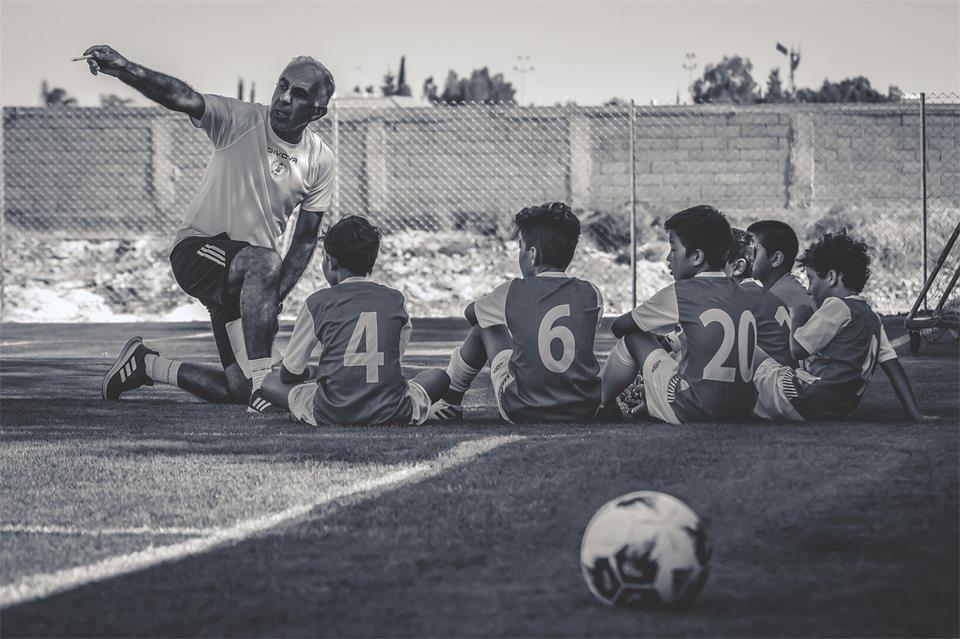Think the only way to work in football is by becoming a player, coach, or pundit? Think again. The football industry is huge, and behind every match are teams of people keeping it all running. From managing data to overseeing player welfare, there are jobs most fans have never even heard of.
Some of these roles sit right at the heart of a club’s success. Others happen quietly in the background. But they’re all real, growing, and more accessible than you might think.
Here are ten lesser-known football careers worth knowing about.
1. Player Liaison Officer
Footballers don’t just arrive at a new club, lace up their boots, and get to work. There’s a mountain of life admin that needs sorting first. That’s where a Player Liaison Officer comes in.
This person supports new signings with everything from finding a house to enrolling their kids in school. They help with language barriers, local rules, transport, contracts, and day-to-day living. The role demands strong organisation skills, discretion, and emotional intelligence.
A good place to start if you’re interested in this kind of behind-the-scenes work is a football management master’s degree. The FBA: Football Business Academy offers programmes designed specifically to help you excel in behind-the-scenes roles like this.
2. Head of Football Operations
This is the engine room of a club. The Head of Football Operations is responsible for making sure every department in the football side of the club is aligned. That includes scouting, recruitment, medical teams, logistics, and more.
They work closely with the sporting director and head coach, acting as the glue that keeps the structure together. It’s a strategic role that requires deep knowledge of the game, but also the skills to manage people, processes, and budgets.
3. Sports Scientist
Football is more physical than ever, and players are expected to perform at high intensity week in, week out. That’s where the sports scientist comes in.
They use data to monitor training loads, recovery times, injury risks, and match preparation. Working closely with coaching and medical staff, they help tailor training programmes to each player’s needs. Most have degrees in exercise science or human physiology, and many now use advanced analytics and wearable tech to gain insights.
4. Kit Manager
Every kit worn on the pitch, every sock, boot, and bib in training, is accounted for by one person: the Kit Manager.
It may sound simple, but it’s a logistical challenge. Kit managers coordinate match-day gear, pack for away trips, keep inventory, and make sure every player’s preferences are met. They often work long hours, travel with the team, and deal with the fine details most fans never see.
You don’t need a specific degree to start in this field, but a background in logistics or sports management can help.
5. Opposition Analyst
Modern football is all about preparation. Clubs leave nothing to chance, and that includes studying their opponents in incredible detail.
Opposition analysts watch hours of footage to break down a team’s tactics, strengths, and weaknesses. They’ll flag patterns in build-up play, set-piece routines, or how a team reacts when out of possession. This analysis is then used to prepare game plans, training drills, and tactical briefings.
Many analysts begin with sports science or analytics degrees, but what really matters is being able to think tactically and communicate insights clearly.
6. Loans Manager
More clubs are relying on the loan system to develop young players or reduce wage bills. The Loans Manager oversees this process.
Their job is to find suitable loan opportunities, track the progress of players out on loan, and maintain strong relationships with other clubs. They keep tabs on development, ensure agreements are upheld, and help decide whether a player should be recalled or sold.
It’s a blend of scouting, player development, and strategic planning, and it’s become a critical role at top clubs.
7. Fan Engagement Officer
Football clubs are nothing without their fans, and keeping those fans informed, included, and involved is a full-time job.
The Fan Engagement Officer acts as the link between the club and its supporters. They run forums, manage surveys, coordinate fan events, and feed back supporter views to senior staff. In some clubs, they also support inclusion and diversity campaigns.
It’s ideal for someone with a background in communications, public relations, or community work.
8. Academy Education and Welfare Officer
Young players joining an academy often move away from home at a young age. It’s a massive life change, and someone needs to support their education, mental health, and personal development.
That’s what this role is all about. The Education and Welfare Officer makes sure academy players stay in school, feel safe, and have someone to turn to if things get tough. They might also help with life skills like budgeting or social media use.
This job suits people with experience in teaching, mentoring, counselling, or pastoral care.
9. Stadium Safety Officer
Matchday safety doesn’t happen by chance. A Stadium Safety Officer plans every detail behind the scenes.
They work with stewards, police, emergency services, and club staff to make sure fans are safe from arrival to exit. That includes crowd control, risk assessments, emergency procedures, and post-match reviews.
This role requires certifications and a background in event management or security, but it’s a vital job for any club, big or small.
10. Legal Counsel (Football Contracts)
Every transfer deal, sponsorship agreement, and player contract passes through legal hands. Football lawyers are specialists who understand both law and the unique regulations of the sport.
They advise clubs on player image rights, employment law, disciplinary procedures, and more. They also help navigate FIFA and national FA rules. A strong legal background is essential, as is experience with the specific challenges of sports law.
It’s a role that flies under the radar but plays a huge part in protecting clubs and players alike.
The Game Behind the Game
Football is far more than what happens on the pitch. For every goal scored or match won, there’s a network of professionals working quietly to make it all possible. These roles are not just real, they’re increasingly important. As the game evolves, so do the careers it offers.
Whether your strength is data, logistics, people, or planning, there’s likely a place for you in football, just not always in the spotlight. And maybe that’s the point. Some of the best football work happens where few ever look.







Leave a Comment